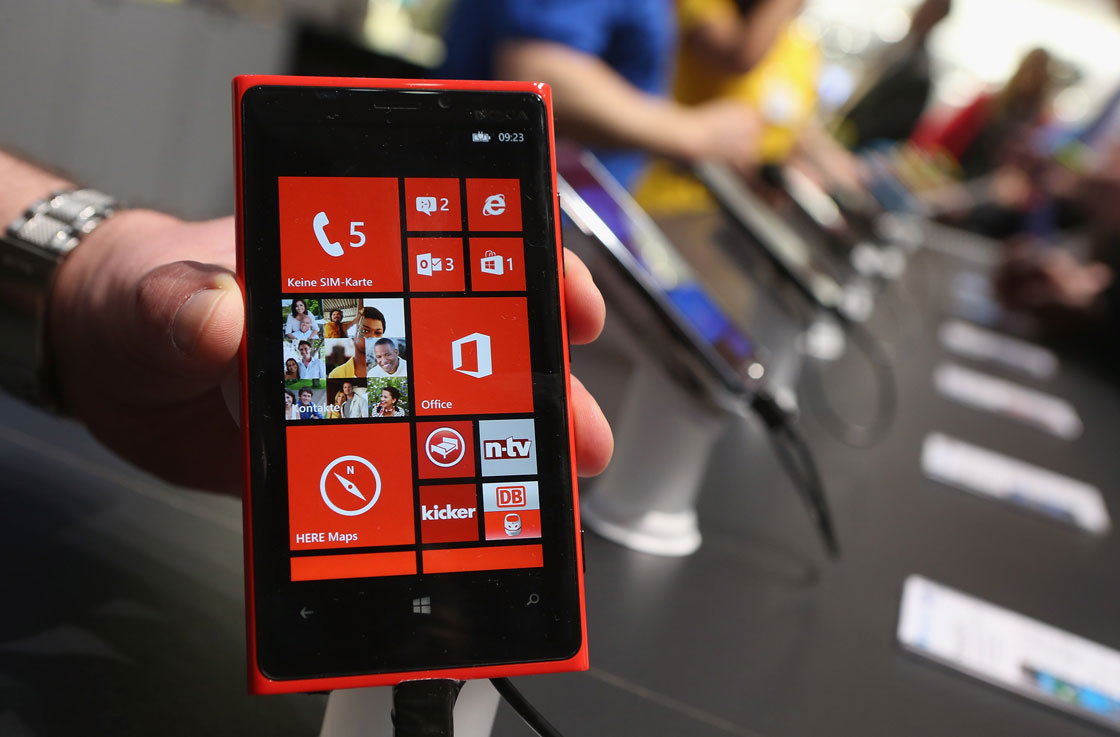NEW YORK – Microsoft unveiled a new virtual assistant for Windows Phone devices Wednesday as it seeks to gain traction in a highly competitive and lucrative market for smartphones.

The assistant, Cortana, is named after an artificial-intelligence character in the company’s “Halo” video games. Cortana tries to be chatty like Apple’s Siri, while anticipating information you might want, like Google Now.
Cortana is among the new features coming to a Windows Phone update called 8.1. The updated operating system will come with new phones in about a month, including three that Nokia announced Wednesday. It will also be available as a free download for existing phones a few months later.
Microsoft is also updating its Windows 8.1 system for tablets, laptops and desktops. Although Microsoft has been pushing touch-screen controls, the new update is designed to make it easier for those with traditional keyboard and mouse controls. The update, simply called Windows 8.1 Update, is available starting next Tuesday.
The announcements come as Microsoft Corp. opened its annual Build conference in San Francisco. The conference is aimed at developers who write software for Microsoft systems, though it’s also a chance for the company to showcase its products more broadly and to build interest among the digitally connected.
Most of the new features relate to Windows Phone, a system that hadn’t received as much attention as the main Windows system in recent years. But it’s an area where Microsoft sees growth opportunities and underscores its commitment to mobile devices and services under new CEO Satya Nadella.
Windows Phone had less than 5 per cent of the smartphone market last year, according to Gartner. But unlike traditional PCs, people tend to upgrade phones more frequently. Many people in emerging markets are also getting smartphones for the first time.
To enable manufacturers to make devices more cheaply, Microsoft is giving away its operating system, something Google already does with Android. Manufacturers will be able to get the system for free for use on phones and tablets with screens of less than 9 inches diagonally. Android carries no size restriction.
With the Cortana assistant, Microsoft catches up to Siri and Google Now in many ways. You can use voice commands to search for information, set alarms and make calendar entries, for instance. Although Android devices have had Google Now since 2012, and iPhones and iPads come with Siri and can get a free Google Now app, Windows phones haven’t had as robust a voice assistant until now.
Cortana tries to go further than both by warning you of conflicts when you add items to your calendar. It will also remind you to ask about the new dog your sister just got the next time you communicate with her, whether that’s by phone, chat or email.
Cortana also promises to give you more ways to customize it. While Google Now will alert you to upcoming travel by scanning your email, Cortana will ask whether it should offer you such alerts. That might reduce unwanted alerts, though it will require more work to set up.
Microsoft said the feature is in a “beta” test mode as the company tries to improve its voice recognition capabilities. In fact, during Wednesday’s presentation, Cortana made numerous mistakes, including offering weather in Celsius when the request was for the Kelvin temperature scale.
Microsoft plans to remove the beta designation in the second half of the year, when it will formally launch in the U.S., the U.K. and China.
The Redmond, Wash., company also announced a new Action Center for the Windows Phone system as a hub for app notifications and information such as remaining battery life. Other new phone features include automatic connecting to free Wi-Fi hotspots to save on cellular data.
Microsoft provided more details about how the company is making the Windows Phone system more useful in business settings. Companies will be able to restrict apps that can run on phones issued to employees or prevent sensitive documents from being saved locally.
To bridge the divide between the phone system and Windows 8.1 for larger devices, Microsoft unveiled tools to let software developers adapt apps for the various devices more easily. App developers will also be able to sell apps once across the board; currently, customers must get apps for phones and for other devices separately.
As for Windows 8.1, Microsoft previously said the update will add search, power and settings buttons to the tile-based Start page, so people don’t have to figure out how to pull those functions from the right side of their screens.
New features announced Wednesday include more seamless transitions between newer, tile-based apps and those using the traditional desktop-style interface. The taskbar at the bottom of the screen in the desktop mode will now let people pin any app as a favourite, not just those designed for the desktop mode. Microsoft is also restoring a bar at the top of apps to make it easier to close and minimize apps.
The company hinted at future updates, including the ability to run tile-based apps within windows that can overlap and be adjusted to any size. That had long been the way Windows worked. But starting with Windows 8, people were limited to adjusting how much horizontal space those apps take. Microsoft didn’t say when such an update will come.



Comments